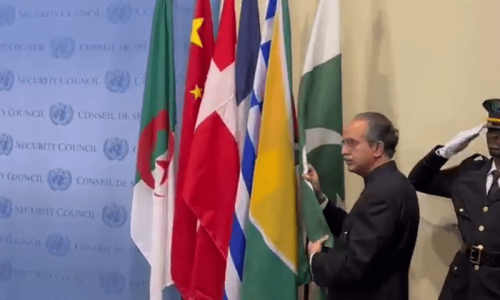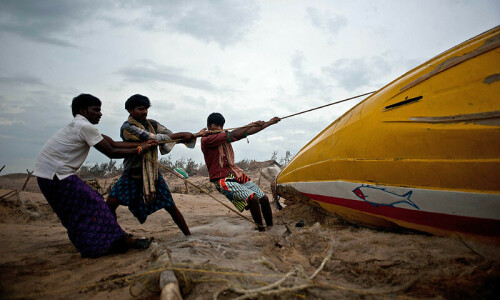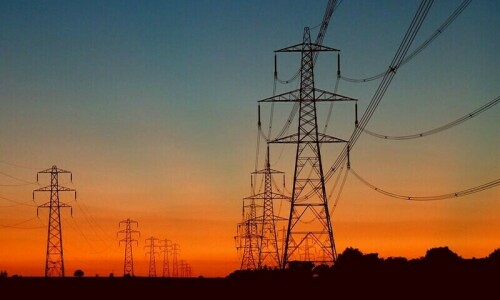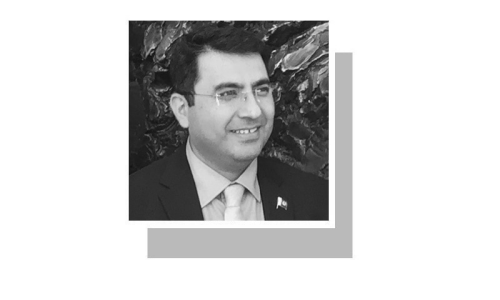JERUSALEM: Israel’s Benjamin Netanyahu has formed a coalition government but concerns are growing at what power he will exercise over his far-right allies, as violence surges in the occupied West Bank.
The incoming government, which veteran hawk Netanyahu announced he had formed late on Wednesday, is expected to be the most right-wing in Israel’s history.
It has sparked fears of military escalation in the West Bank amid the worst violence in the Palestinian territory for nearly 20 years.
Netanyahu’s Likud party secured the mandate to form a government in the Nov 1 election, with backing from ultra-Orthodox Jewish parties and Religious Zionism, an extreme-right alliance of minor parties.
Leading voices within the new coalition will include Bezalel Smotrich and Itamar Ben Gvir, two leaders of the Religious Zionism bloc who occupy the extremity of Israel’s political right. Both live in Israeli settlements inside the West Bank, and will respectively take charge of settlement policy and national security. At least three senior Western diplomats have said they are concerned about the security impact of Ben Gvir’s role within the government.
‘Escalation’
Ben Gvir’s post as national security minister will include responsibility for Israel’s police, which includes the border guard who, along with the Israeli army, operate inside the West Bank.
In recent weeks Israel’s press has highlighted the risk of having “two” separate armies in the West Bank, with the army on one side and the border guard on the other.
But former Israeli general Amir Avivi, who now runs a network for former security officials, believes the command structure of Israel’s forces will not be threatened. “I don’t see any scenario in which Ben Gvir will lead border guard operations” in the West Bank, he said.
However, Palestinian analyst Khaldoun Barghouti said the question was not about the structure of Israel’s security forces — but rather Israel’s policies on settlements and annexations of Palestinian territories in the West Bank.
“This Israeli government will lead to an escalation, because the position of Ben Gvir and Smotrich will destroy the possibility of a Palestinian state,” he said. At least 150 Palestinians and 26 Israelis have been killed this year across Israel and the West Bank, including Israeli-annexed east Jerusalem.
A further 49 Palestinians were killed during three days of fighting between Gaza militants and Israel in August.
According to United Nations data, 2022 has been the deadliest year since the 2002-2005 Palestinian uprising, known as the Second Intifada.
‘Third intifada’ fear
More than 475,000 Israeli settlers live in the occupied West Bank, and the UN warns their presence threatens the viability of a two-state solution to the decades-long conflict. Smotrich has already signposted an intention to legalise a number of “wildcat” settlements that are not currently recognised by Israel.
Washington, Israel’s foremost ally, said it will “unequivocally oppose” moves to expand settlements, annex areas of the West Bank or disrupt the status quo of holy sites, Secretary of State Antony Blinken warned.
A point of frequent tension in annexed east Jerusalem is the Al-Aqsa Mosque compound. Under a historical status quo, non-Muslims can visit the sanctuary but not pray there.
Published in Dawn, December 23rd, 2022
















































Dear visitor, the comments section is undergoing an overhaul and will return soon.